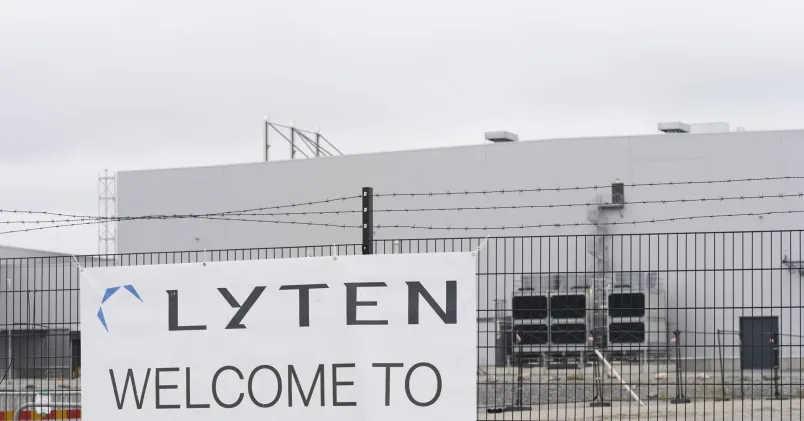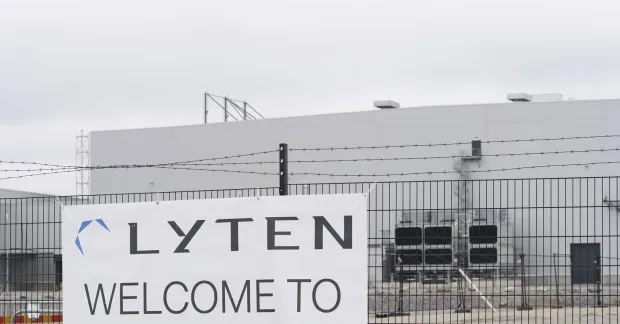
Sommaren i city 1990. Kanske var du 21 år och hade precis börjat jobba. Som ung i dag får du däremot vänta betydligt längre på att komma ut i arbetslivet.
På 24 år har den så kallade etableringsåldern (när tre fjärdedelar av befolkningen fått arbete) ökat från 21 år till 29 år, enligt siffror som Sveriges Radio tagit fram med hjälp av SCB.
En bidragande orsak är att det tar längre tid för studenter i dag att bli klara med sina studier. Dels för att vi pluggar allt högre upp i åldrarna och dels för att många gör avbrott i studierna, till exempel genom att ta ett sabbatsår.
Förutom längre studietid har det skett ett skifte på arbetsmarknaden sedan krisen på 90-talet som gör att det är svårare att få ett jobb i dag än 1990, enligt professor Jonas Olofsson vid Malmö högskola. Andelen sysselsatta i åldrarna 20 till 24 år sjönk dramatiskt efter 90-talskrisen och bland 18- och 19-åringar raderades sysselsättningsgraden ut fullständigt från att ha legat på runt 30 procent. Parallellt med det steg dessutom den generella arbetslösheten.
Att sysselsättningsgraden bland unga vuxna inte har återhämtat sig sedan dess beror bland annat på att kraven från arbetsgivarna ökat, vilket får till följd att unga människor väljer att utbilda sig längre. Dels för att en betydligt högre andel går vidare till eftergymnasiala studier men också för att fler går klart gymnasiet. Förr var det lättare att få jobb direkt efter grundskolan men i dag är det till och med svårt att få ”enklare jobb” utan gymnasieutbildning.
- Näringsstrukturen har förändrats. De gamla, stora industriföretagen är inte lika dominerande sysselsättningsmässigt. Tidigare kunde man som ung utan särskilt lång utbildning få en anställning i ett större industriföretag på orten och bli uppskolad inom företaget, säger Jonas Olofsson.
Han menar att avkastningskraven har blivit högre och att företagen vill ha personal som är produktiv från dag ett, vilket kräver mer utbildning.
- En betydande grupp unga och unga vuxna motsvarar inte de här utbildningskraven i dag och hamnar i en marginaliserad position. Speciellt de som inte klarar gymnasiet, säger Jonas Olofsson.










